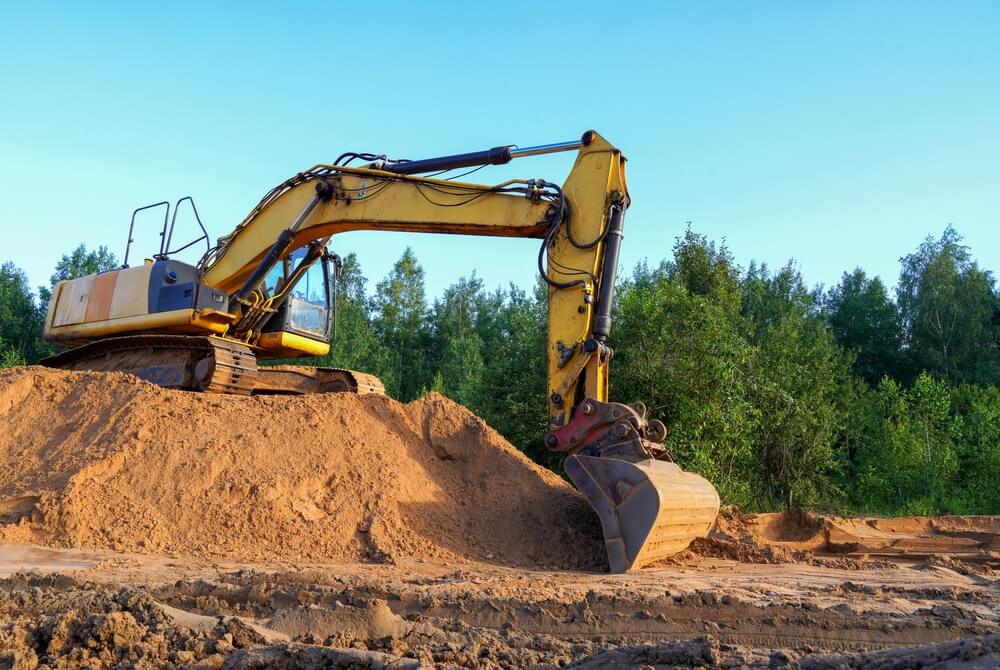
Cobalt, lithium, and copper are essential for lithium-ion batteries and the electric vehicle (EV) supply chain. As China maintains strategic control over these minerals, the United States and its allies are working to diversify sources to secure supply chains.
The US and Japan are increasing cooperation, exploring trilateral partnerships with Latin American mineral producers such as Argentina, Chile, and Bolivia. Both nations aim to reduce dependency on China through initiatives like the US Inflation Reduction Act and Japan’s Battery Industry Strategy. Japan has already taken steps to strengthen ties with Latin American lithium suppliers, aligning with its 2022 Economic Security Promotion Act, which prioritizes 36 critical minerals.
In 2023, the US and Japan signed the Critical Minerals Agreement (CMA), limiting export duties on EV batteries and promoting sustainable practices. Collaborative research and development efforts between companies such as Toyota and American institutions further drive innovation in battery technology. Expanding these partnerships to Latin America could bolster mineral processing capabilities, allowing the region to play a greater role in the supply chain.
Latin America holds vast reserves of critical minerals, but much of its raw material is exported to China for processing. A trilateral approach could establish Latin America as a key midstream player, processing minerals for Japan’s battery manufacturing while the US leads EV production. Increased foreign investment and joint ventures could also enhance local mining technologies and infrastructure.
Organizations like Japan’s JOGMEC and USAID could support sustainable mining efforts, ensuring fair labor practices and environmental safeguards. Strengthening cooperation with Latin America would enable the US and Japan to secure critical minerals while promoting economic stability and sustainability in the region.



